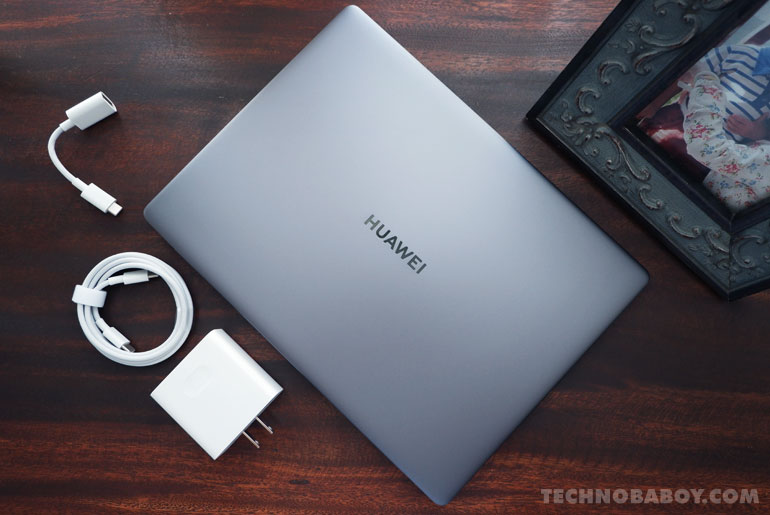Intel draws flak after misleading, lopsided gaming laptop comparison - Android
Intel has recently launched the “Partner Connect” where the company showed some slides aimed at convincing its “partners” about the superiority of Intel-powered laptops in gaming in comparison to its AMD counterparts. A user by the name of AdoredTV leaked some of those slides, giving light to an underhanded tactic that Intel employed to gain […] More
This article, Intel draws flak after misleading, lopsided gaming laptop comparison, was originally published at NoypiGeeks | Philippines Technology News, Reviews and How to's.
Intel has recently launched the “Partner Connect” where the company showed some slides aimed at convincing its “partners” about the superiority of Intel-powered laptops in gaming in comparison to its AMD counterparts.
A user by the name of AdoredTV leaked some of those slides, giving light to an underhanded tactic that Intel employed to gain the confidence of its audiences.
With a theme that centered around the notion of “superior gaming performance” at a lower price, Intel demonstrated how the notion seems to be “true,” based on available data—particularly a supposedly impressive 18 to 22 percent advantage over competing product.

Related stories
- Intel’s 10th-gen Core i9 chip is the “world’s fastest gaming processor”
- AMD announces Ryzen 5 3600XT, Ryzen 7 3800XT, and Ryzen 9 3900XT desktop processors
- Lenovo laptops price list in the Philippines 2020
But while would had been fantastic, it seems that the products that Intel used for the comparison are not necessarily of the same scale, primarily boiling down to the kind of GPU used in both laptops.
The ROG Zephyrus G14, which is powered by an AMD CPU, has the Nvidia RTX 2060 Max-Q that runs on 65W whereas the MSI GL65 Leopard, which is powered by Intel, has the similar GPU, only at 90W.
Individuals who have at least the basic understanding on the relationship between wattage and performance would know that the 25W difference in the compared products is a major potential difference between normal clocking and overclocking.

And that was only speaking on the GPU front. Looking further into the details and one would easily spot that the AMD-powered laptop used in the comparison is also significantly underpowered in another aspect as well, the CPU.
The Ryzen 4900HS runs on 35W while the Intel Core i7-10750H draws 45W. Again, a major difference in power supply that substantially translates to performance boost on higher numbers.
Via: Overclock3d
This article, Intel draws flak after misleading, lopsided gaming laptop comparison, was originally published at NoypiGeeks | Philippines Technology News, Reviews and How to's.
25/06/2020 04:37 AM
realme Philippines and Shopee hold Super Brand Day!
25/06/2020 04:55 AM
Pokemon UNITE to launch on Nintendo Switch, mobile
25/06/2020 12:50 AM
Seven Scary Internet Security Statistics Backed by Data and Research
25/06/2020 06:47 PM
Xiaomi Ningmei CR100 mini desktop PC launched
25/06/2020 05:17 AM
OnePlus 8 Pro now available in the Philippines
25/06/2020 12:34 PM
Huawei MateBook 13 unboxed, first impressions
25/06/2020 01:18 PM
Panasonic LUMIX G100 vlogging camera now official
25/06/2020 10:27 AM
Huawei MateBook D14, 13 launched in the Philippines, priced
25/06/2020 10:02 AM
- HEALTH
- Comics
- Libraries & Demo
- Sports Games
- Racing
- Photography
- Transportation
- Media & Video
- Sports
- Health & Fitness
- Weather
- Medical
- Cards & Casino
- Arcade & Action
- Personalization
- Social
- Communication
- Productivity
- Casual
- Shopping
- Tools
- Brain & Puzzle
- Business
- News & Magazines
- Finance
- Lifestyle
- Music & Audio
- Entertainment
- Travel & Local
- Books & Reference
- Education







